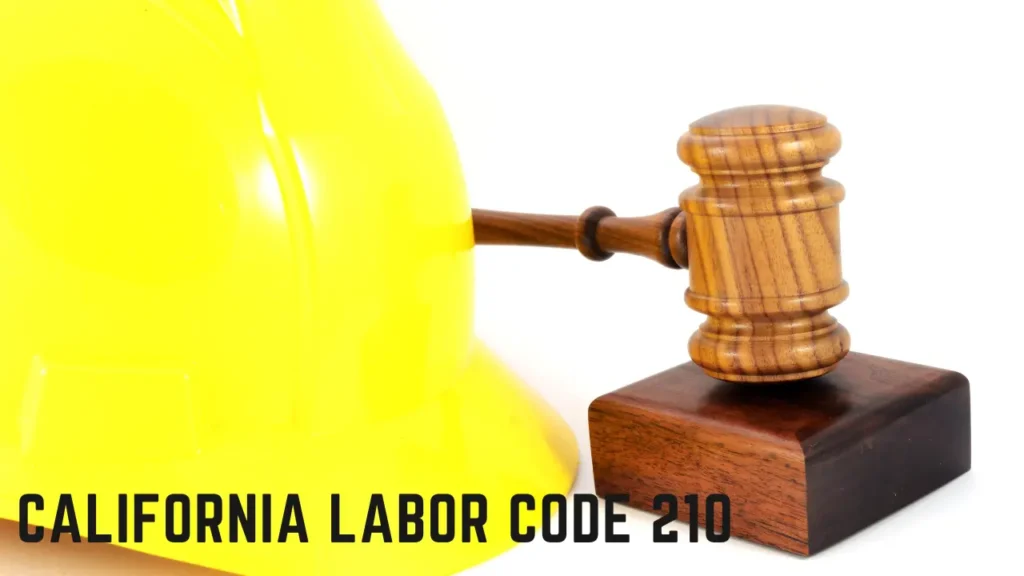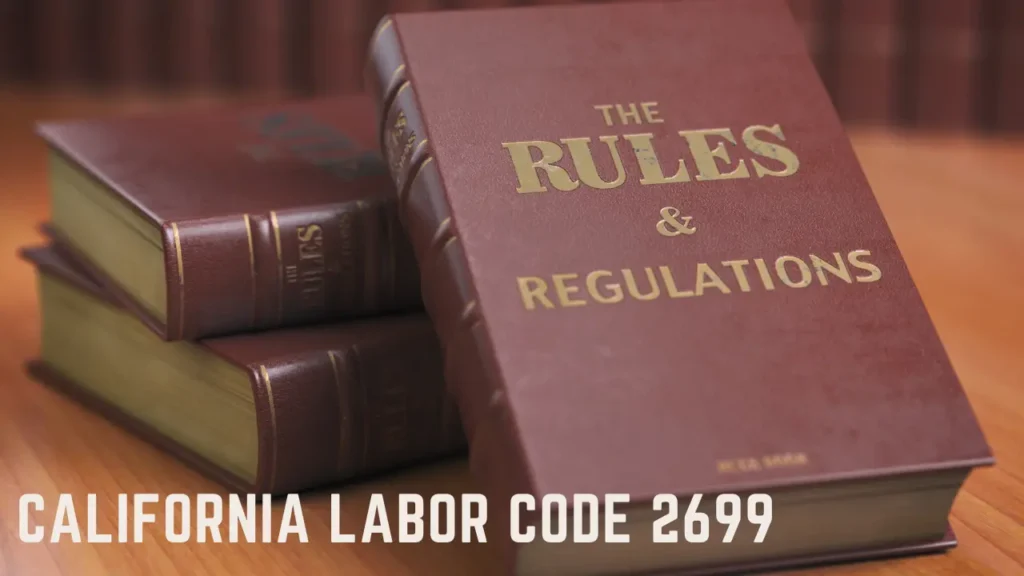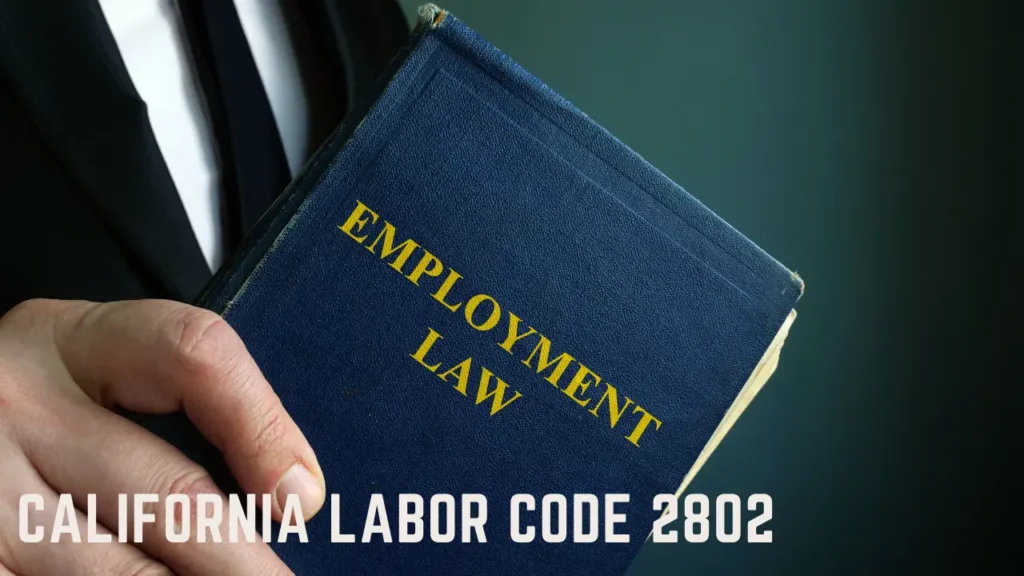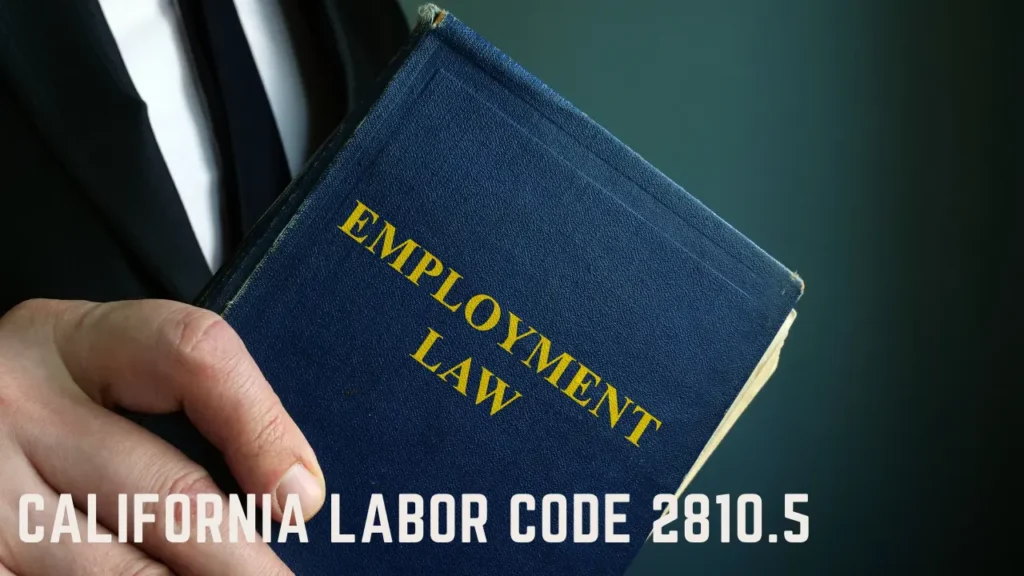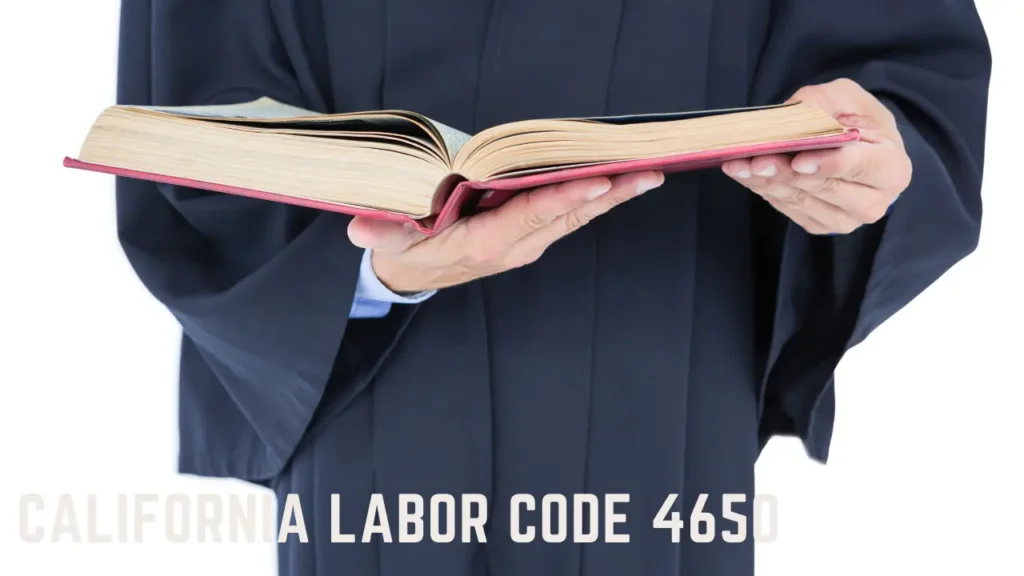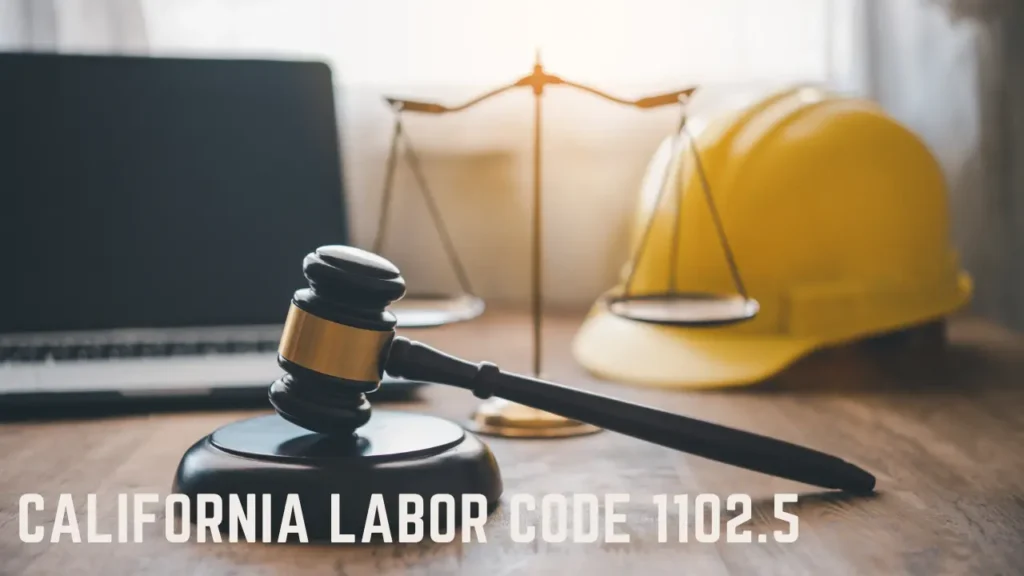Table of Contents
ToggleThis stipulation obliges employers to provide a reasonable amount of break time and a private space for employees to express breast milk. Yet, the nuances of these regulations, their effective enforcement, and the consequences of non-compliance often remain obscured.
In the following discussion, we shall elucidate these aspects in detail, offering valuable insights for both employees and employers.
Understanding California Lactation Break Laws
Under the purview of California Labor Code 1030, employers are legally obligated to provide nursing mothers with reasonable break time to express breast milk, which includes time for setup, pumping, and milk storage. This break time should be arranged to meet the needs of the employee and cannot interfere with the performance of her work duties.
Furthermore, employers are required to make reasonable efforts to provide the employee with a place, other than a bathroom, in close proximity to her work area to express milk privately. Compliance with these regulations is essential as failure to do so can result in penalties. Each violation of this statute could cost employers up to $100, underscoring the importance of adhering to these lactation break laws.
Break Time Requirements for Nursing Mothers
In accordance with the California Labor Code, employers must ensure that nursing mothers are granted a reasonable amount of break time to accommodate the needs associated with expressing breast milk. The break time should not only cover the time it takes to express milk but also include associated activities such as set-up, pumping, and storage.
Employers are required to provide a private area, other than a restroom, close to the employee’s workstation. The law mandates that breaks taken within the normal paid break period should be compensated. Non-compliance with these provisions can result in penalties, with employers liable to pay $100 for each violation.
Thus, adherence to these lactation break laws is crucial.
Ensuring Suitable Lactation Spaces
Beyond providing requisite break times for lactating employees, California labor laws also underscore the importance of employers ensuring suitable, private spaces for expressing breast milk. These spaces should not be a bathroom and must be shielded from view and free from intrusion.
In ensuring suitable lactation spaces, employers must consider the following:
- The location must be clean and safe, enabling the employee to express milk comfortably.
- The space should be functional and practical, equipped with a chair, a flat surface, and near a sink with running water for washing hands and cleaning breast pump parts.
- The space should be near the employee’s work area to avoid undue disruption to the employee’s work.
Compliance with these regulations is crucial to foster a supportive working environment for nursing mothers.
Importance of Privacy During Lactation Breaks
Ensuring utmost privacy during lactation breaks is pivotal to comply with California labor laws and to support the comfort and dignity of nursing employees.
Privacy is not simply a matter of preference, but a legal requirement under California Labor Code 1030. Employers must provide a suitable, private space that is not a bathroom, ensuring an environment conducive to breastfeeding or expressing milk without interruption or intrusion.
The space must effectively prevent any visual access and protect employees from any potential embarrassment or discomfort. A breach of privacy may constitute a violation of the law, potentially subjecting the employer to penalties.
This underscores the necessity for employers to fully understand and comply with the legal requirements surrounding lactation breaks.
Financial Penalties for Non-Compliance
Failure to adhere to California’s stringent lactation break laws can lead to substantial financial penalties for employers, underlining the critical nature of compliance. California Labor Code, Section 1033, stipulates that an employer who violates these provisions may be fined $100 for each violation, demonstrating the financial implications of non-compliance.
- Employers may be fined $100 for each instance where the lactation break law is not upheld.
- Repeated violations may lead to an escalation in penalties, potentially costing employers significantly more than the initial fine.
- Non-compliance can also result in additional legal repercussions, such as lawsuits from affected employees, which can further increase financial liability.
It is, therefore, imperative that employers familiarize themselves with these laws to ensure compliance and avoid the associated financial penalties.
Legal Provisions for Lactation Breaks
While understanding financial penalties is crucial, it is equally important to comprehend the specific legal provisions that California has implemented for lactation breaks.
Under California Labor Code 1030, employers are obligated to provide reasonable break time for an employee to express breast milk for her infant child. The break time should, if possible, run concurrently with any break time already provided.
Moreover, employers are required to make reasonable efforts to provide the employee with a room or location, other than a restroom, in close proximity to the employee’s work area for the employee to express milk in private. Non-compliance with these provisions may result in a fine of $100 per violation.
Effectiveness of Jonny Law
In the realm of legal assistance for lactation break laws, the Jonny Law has demonstrated remarkable effectiveness. With a deep understanding of California labor laws, they provide comprehensive legal support to ensure compliance with lactation break laws.
Their effectiveness is evident in three key areas:
- Expertise: They possess a thorough knowledge of labor laws, including California Labor Code 1030 and 1032, enabling them to provide accurate legal advice.
- Client Satisfaction: Numerous positive reviews highlight their prompt response time, helpfulness, and the detailed information they provide.
- Enforcement Guidance: They effectively guide employers in understanding and adhering to lactation break laws, thereby helping avoid potential penalties.
Through their commitment and legal acumen, Jonny Law has successfully carved a niche in the arena of lactation break laws.
Available Contact Options for Assistance
For individuals seeking assistance with compliance to California’s lactation break laws, the Jonny Law provides several convenient and accessible contact options.
Their dedicated team of seasoned employment law attorneys is available 24/7, ensuring that every query is addressed promptly, even outside regular office hours.
Clients can reach out through their direct phone line for immediate assistance or opt to fill out a contact form available on their website for a scheduled callback.
To further enhance their accessibility, Jonny Law has a live chat feature on their website, providing real-time assistance to those in need.
Conclusion
In conclusion, adherence to California Labor Code 1030, which mandates reasonable lactation breaks and suitable private spaces for nursing mothers, is crucial for a legally compliant workplace. Non-compliance can lead to financial penalties.
Legal understanding of these regulations can be sought from the Jonny Law. Their expert advice and prompt service ensure employers understand and fulfill their obligations, promoting a harmonious and supportive work environment for all employees.






